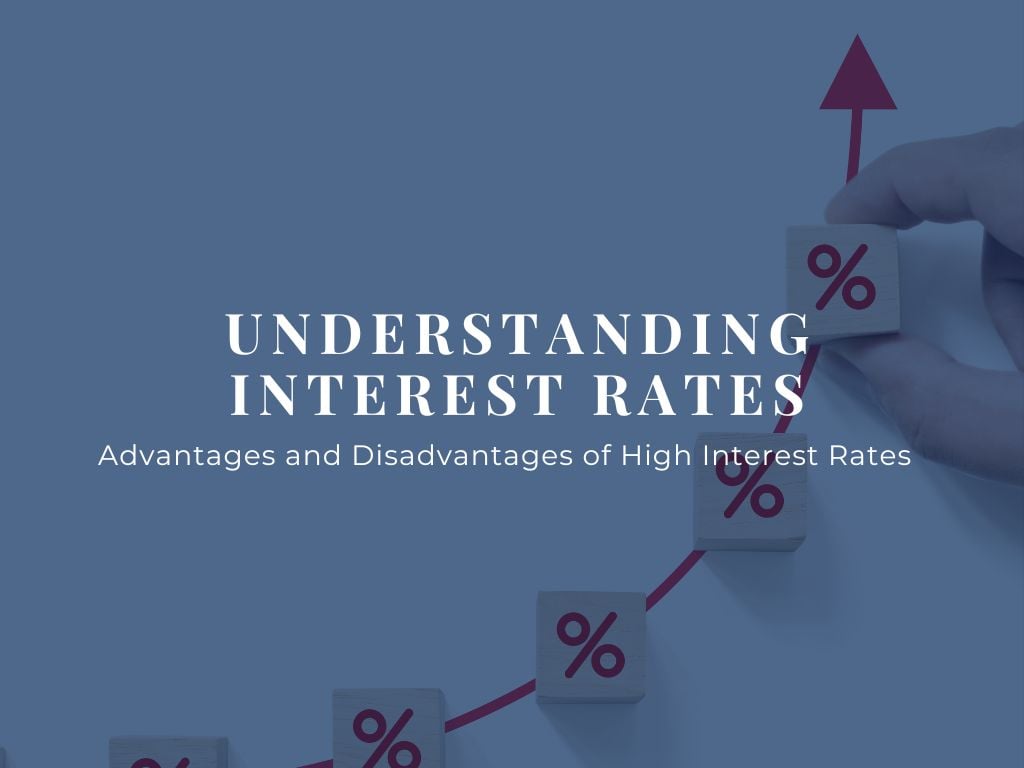Building wealth is a significant achievement but preserving it for future generations is another accomplishment entirely. A legacy of financial stability requires careful planning and strategic decision-making because wealth preservation goes beyond accumulating assets; it involves a comprehensive approach to protecting and growing wealth while minimizing risks and mitigating potential challenges.
Preserving Your Wealth for Generations to Come: How to Build a Legacy of Financial Stability
Safeguarding Your Assets: Why Independent Custodians Still Matter in 2026
Originally published in 2023. Updated October 2026 to reflect current custodial data and market context.
In times of market volatility and financial headlines about bank stability, investors are once again asking an important question: Is my money safe?
We’ve been writing about this topic for several years, and it continues to be relevant today. As fiduciary advisors, we want to revisit how your assets are protected—and why we partner with third-party custodians like Schwab and Fidelity.
As a fiduciary advisor, we have maintained an arms-length approach to the selection of a client’s custodian, preferring to remain impartial and allowing the client to decide. Since there is a wide variety of options: banks, brokerage firms, discount brokerage firms, etc., there is also great variance in the quality and cost of services.
We have historically suggested using Charles Schwab or Fidelity due to their size, low cost, service teams and independence. While clients still choose to use US Bank, Raymond James, PNC and others, with the preponderance of the assets we manage at Schwab and Fidelity, we will focus on these two custodians for this discussion. Schwab completed its acquisition and full integration of TD Ameritrade in 2023, consolidating custodial services under the Schwab platform.
Topics: Investment Management
Seniors: Should You Add a Trusted Contact?
No one likes to think about falling victim to a scam or suffering a medical emergency, but the sobering truth is that these situations do occur. If this type of trouble arises, you may need someone to advocate for you or serve as your liaison. Having a trusted contact is extremely important when it pertains to the management and protection of your finances.
Here’s how to begin the process of adding a trusted contact to your financial advisor account to prevent any disconnect.
Topics: Financial Planning, Investment Management, Retirement Planning
How to Store Important Documents: At Home and Online
Storing important documents, like financial statements from your financial advisor, isn’t just a matter of organization: It’s key to keeping your information safe and limiting the risk of identity theft. Here’s everything you need to know about storing important documents at home or online.
Topics: Financial Planning, Investment Management
Is Venmo a No-Go? Are Payment Apps Safe?
Mobile payment apps, such as Venmo and PayPal have gained in popularity, but is the cost of convenience the security of your money? As financial planners, we want you to understand the risks and benefits. If you’re wondering, are payment apps safe? Here are useful facts you need to know.
Topics: Technology
Is Cash King? Liquid Assets and Financial Planning
When it comes to years when both stocks and bonds see poor performance, investors may begin to wonder if it’s better to have their money in liquid assets such as cash, as opposed to investments such as bonds and stocks. In other words, is cash king? Let’s see.
Topics: Investing, Investment Management
When you’re looking at your overall financial picture, the role of trustee is an important position that comes with a lot of responsibility, but what exactly does the position entail?
Topics: Financial Planning, Fiduciary
Financial Planning for Women: 3 Pitfalls to Avoid
Fifty years ago, a woman couldn’t open a credit card without her husband co-signing. While we’ve come a long way since then, women still face certain financial challenges. Financial planning for women must account for these challenges in order to avoid the issues they might create. Here are three of the biggest pitfalls women must consider when creating their financial plan and tips for how to avoid them.
Topics: Financial Planning
What Is Proxy Voting? And What About Corporate Class Action Lawsuits?
When you own shares of a company, whether it’s a single share or thousands of shares, two things you must deal with are proxy voting and corporate class action lawsuits. Both are often quite tedious, but the good news is that when you work with a Carnegie advisor, we can handle them for you. Here’s everything you need to know about proxy voting, corporate class action lawsuits and how Carnegie handles them.
Topics: Investing, Stocks, Investment Management
Understanding Interest Rates: Advantages and Disadvantages of High Interest Rates
Interest rates have the ability to impact consumer spending, saving, the economy, inflation and so much more. But how exactly do they work and how do they impact you? Here’s everything you need to know about the advantages and disadvantages of high interest rates – and low.
Topics: Economy, Interest Rates











